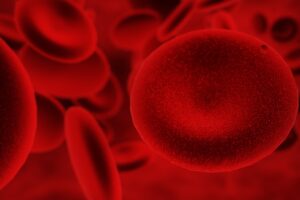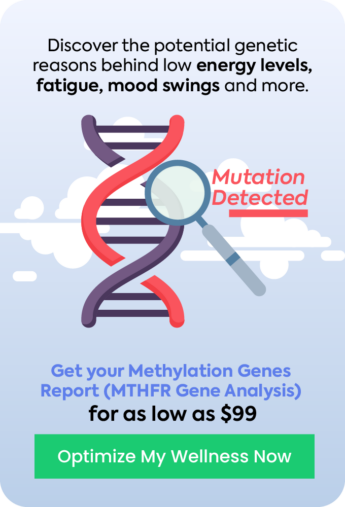Genetic factors play an important role in a person’s thyroid function. While genetics are not the sole determinant of a healthy, well-functioning thyroid, some genes have been linked to better or worse thyroid function.
Thyroid-stimulating hormone (TSH) orchestrates thyroid function by binding to its receptor (TSHR), triggering cyclic AMP (cAMP) production. Serum TSH levels serve as a sensitive gauge of thyroid health, and anomalies impact approximately 10% of individuals over a lifetime.
In a recent study examining genetic data from over 16,000 individuals, common variants linked to TSH and free thyroxine (FT4) level variation were explored. For TSH, a new variant in SYN2 (rs310763) and an independent variant in PDE8B (rs470397) were identified. SYN2, a protein involved in neurotransmitter regulation, and PDE8B, associated with cyclic AMP production, play key roles in thyroid regulation. For FT4 levels, a low-frequency variant near B4GALT6/SLC25A52 was found, tagging a rare TTR variant linked to ceramide metabolism and cyclic AMP inhibition in thyroid-stimulated cells.
These findings highlight the complex factors influencing thyroid traits, contributing to our understanding of normal thyroid function. The study demonstrates the importance of analyzing both common and rare genetic variants to uncover novel associations with thyroid function.
In another study with 4,300 Sardinians, a significant association between a genetic variant (rs4704397) in PDE8B, a gene encoding a cAMP-specific phosphodiesterase, and circulating TSH levels was found notably, PDE8B variants were implicated in altering cAMP levels in the thyroid, influencing the production of T4 and T3 and, in turn, impacting TSH release from the pituitary. This positions PDE8B as a potential target for interventions in thyroid dysfunction.
These findings illuminate the genetic factors influencing TSH levels, providing insights into thyroid physiology and the potential modulation of thyroid disease progression. The genome scans have also highlighted associations with several other genes like PDE10A, TSHR, THRB, GNAQ, TG, POU1F1, PDE4D, and TSHR.











